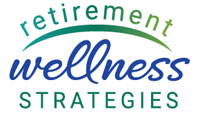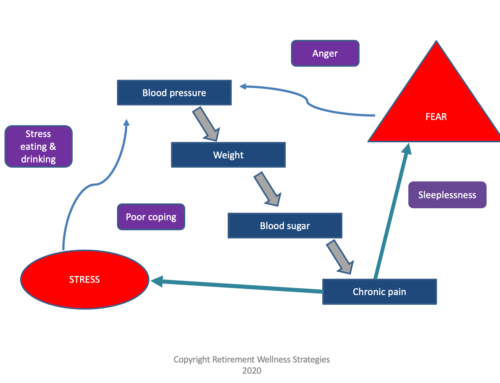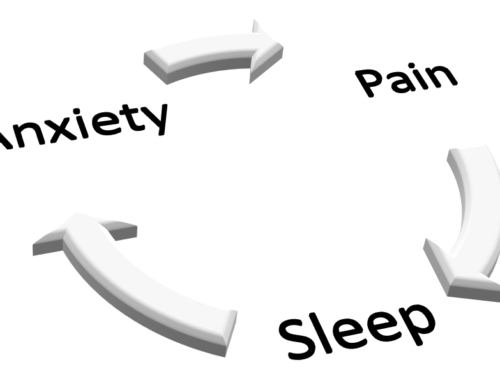
You can take steps now to prevent cognitive decline
Do you fear this—the steady decline of cognitive ability? The slow decay of our minds and our ability to think, recall, remember? Do you consider it each time you forget something? What are you doing about it?
As we focus on prevention, unless you have a medical condition causing your memory decline, most of the rest is preventable.
What role does retirement play?
I heard an impactful podcast I’m glad to share with you. https://freakonomics.com/podcast/how-does-retirement-affect-your-brain/
Dr. Bapu Jena reviews the literature around the relationship between retirement and cognition. Cognition involves your memory, your mental sharpness, your focus, and your ability to take care of yourself.
Biggest risk is NO PLAN
Overall, the risk of mental decline in retirement is elevated, IF YOU DO NOT HAVE A PLAN to stay mentally active. That is why staying mentally active is such an important component of the Retirement Wellness Strategies planning process.
Interestingly, women tend to see less decline than men. There are a few likely reasons for this.
– Women tend to have broader social networks
– Women tend to have deeper relationships
– Women tend to have more daily tasks even outside of work
– Women tend to have more hobbies and pursued interests
“I don’t have time to plan”
It may seem improbable, putting a lot of time and effort into retirement planning, prior to retirement itself. Most people consider only the financial when planning for this transition. I’ve had so many people tell me they aren’t worried about what they will do with their time. They can’t wait to get to that point when they actually have time that is not over-scheduled. Others are so focused on succession plans and final major goals to even consider sharing time in their final years with a planning process. Most believe this can all wait until retirement.
I implore you, don’t take the risks associated with waiting!
We have talked before about the three main areas that can derail retirement plans.
1. Rapid health decline
2. Loss of key relationships
3. Loss of self
If your health declines, you are less active, you spend more time in mindless activities such as television.
If you become separated from your key relationships, risk of depression greatly increases. That can lead to more time in mindless activities.
If you lose your sense of self, depression and despair are common outcomes. To further emphasize this, suicide rates, especially in men dramatically rise.
Talk about a reason to prevent!
How can you avoid this?
Busy-ness is one answer. Have tasks and agenda items to fill your day that require some effort and planning and movement.
Purpose is an even greater answer! Consider your accumulated skills, insights, and interests. I encourage you to take a few minutes to write down the lessons you’ve learned–the many skills you have, and the interests you have yet to pursue.
Identifying your purpose is a process of finding the intersection between
– your skills
– those things that most intrigue you
– those things that most disturb you
– where you’d like to leave a lasting impact.
Example stories
Identifying and acting on your purpose keeps those sharp thinking skills engaged. You are problem solving, strategizing, and working with others to create your next legacy. This can be a small part of your time or a large part. That is up to you, but it is a reason to get active and engaged. One of the best aspects, in my opinion, is it doesn’t have to be related to your primary career. Here are some fun examples of what clients have identified:
· Automotive executive — environmental preservation strategies
· Airline executive — neurodevelopment of neonates through providing skin time
· Teacher/athletic coach — mentor athletes anywhere in the world via technology
· Auto general manager — reconnect with faith-based leadership dreams from young adulthood
· Sales executive — engage with erosion prevention efforts locally
· Health-system executive — pursue music theory, repair instruments, play music
What can you do now?
If you would like help preserving your mental sharpness into retirement and beyond, I have two programs for you.
Retirement Wellness Strategies is an exclusive one-on-one strategic planning program with 20 visits leading to your personalized road map and strategic plan.
Propel Comprehensive Wellness is a self-paced, subscription model with expert-guiding videos and workbooks each month.
I look forward to helping you develop a rock-solid plan to PREVENT cognitive decline.





